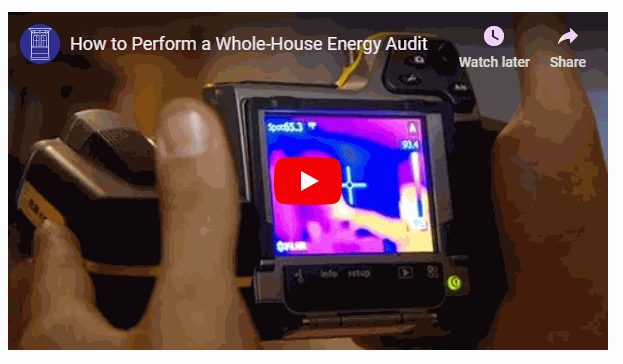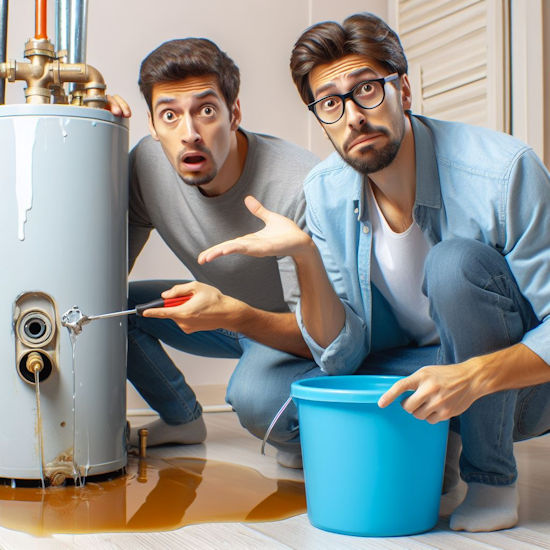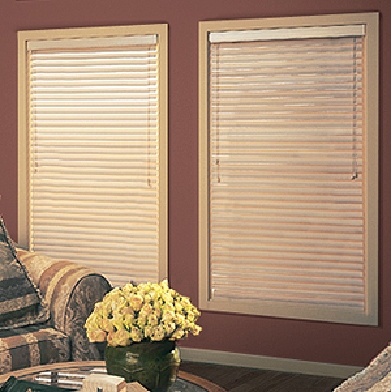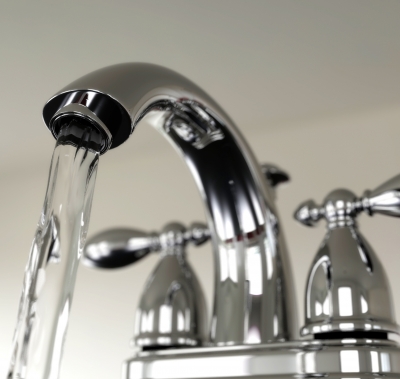While many home improvement projects are major investments, some of those upgrades can actually save you quite a bit of money in the long run. Here is a look at a few projects that will increase the efficiency of your home and reduce your risk of expensive repairs down the road.
Replace Your Insulation
Replacing your home’s insulation is a relatively simple project, and this upgrade could potentially reduce your heating and cooling bills by as much as 50 percent. To determine if your home needs new insulation, you might need to schedule an energy audit. You can also visually inspect all of the insulation in your attic and crawlspaces for any signs of damage. If you have “blown in” aka. “loose fill” cellulose insulation it can shift around leaving gaps and uninsulated areas. Older houses can have less than optimal (or even no insulation). Even if you have fiberglass insulation, it is possible that “critters” have shifted the insulation creating voids. A good energy audit with thermal-imaging can show you where your insulation isn’t doing its job.
Waterproof Your Basement
Even if you don’t live in a flood zone, you should still think about waterproofing your basement. Water damage is extremely expensive, and the extra moisture is going to create the perfect breeding ground for mold and mildew. Luckily, basement waterproofing isn’t a complicated or expensive project, and a reputable company should be able to complete this task in just a few days.
Upgrade to a Ducted HVAC System
There are quite a few reasons why many homeowners upgrade from mini-split air conditioners to ducted AC systems. A mini-split unit can keep a small area cool, but you will most likely need one of those devices in almost every room in your home. Ducted systems, on the other hand, keep every room in your home at the same temperature with a network of insulated ducts. Modern HVAC systems are incredibly efficient, and many of them last for 15 years or longer.
Upgrade to a Hybrid Water Heater
What is a hybrid water heater? No it doesn’t run on gas and electric like a hybrid car but it does act sort of like a refrigerator and a water heater. More precisely it combines a heat pump with a water heater so it pumps out cool air while heating water. So if you live in a warm climate your water heater is actually helping to cool your house (or garage) while it is creating hot water. As a bonus, this can lower your cooling bills or dehumidify your garage all while costing much less than you were spending for just hot water.
Install Solar Panels
Your energy bills are going to plummet as soon as your solar panels are installed, and these systems are more affordable than ever. Depending on where you live, you might even be able to sell your excess electricity back to your local energy company. Some states also offer tax incentives to residents who switch over to solar systems. When properly maintained, modern solar panels generally have a lifespan of 25 or 30 years.
In addition to these few projects, you should also think about hiring an experienced home inspector. Those contractors undergo extensive training, and they will be able to help you uncover minor problems before they become costly issues that bring your life to a grinding halt.
You might also like:




